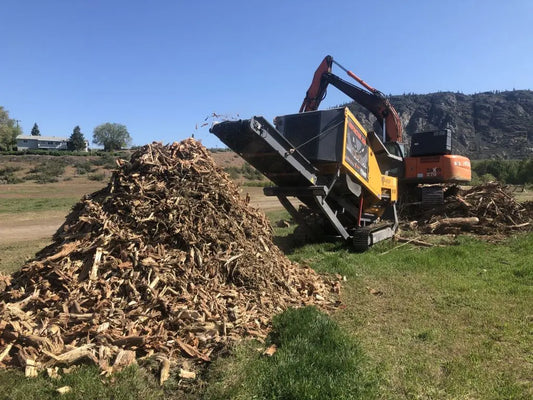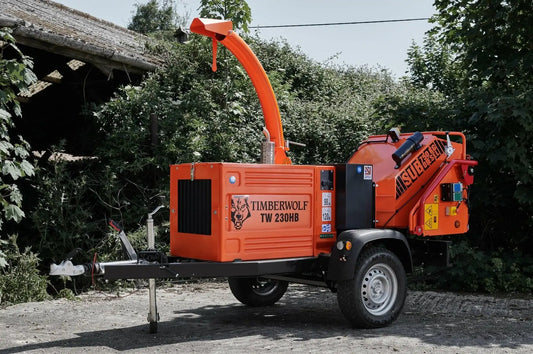Commercial Vehicle Inspection
Book Your CVI Today
{formbuilder:NzQxNjU=}
Commercial Vehicle Inspections (CVI) are a critical aspect of maintaining safety and compliance within the transportation industry in British Columbia.
These inspections ensure that commercial vehicles meet the necessary safety standards and regulations, thereby reducing the risk of accidents and enhancing road safety.
When to Get a CVI
In British Columbia, a Commercial Vehicle Inspection is required under specific circumstances. Primarily, a CVI is mandated when a vehicle is registered as a commercial vehicle, which typically includes vehicles over 5,000 kg (11,000 lbs) gross vehicle weight.
Additionally, a CVI is necessary when a vehicle undergoes significant modifications or repairs that may affect its safety or performance. It is also advisable to conduct a CVI annually to ensure ongoing compliance with provincial regulations.
Furthermore, if a vehicle is involved in an accident or shows signs of mechanical failure, a CVI should be performed before returning it to service.
How to Get a CVI
Obtaining a Commercial Vehicle Inspection in British Columbia involves several steps. First, vehicle owners must locate a certified inspection facility. These facilities are authorized by the Commercial Vehicle Safety and Enforcement (CVSE) and are equipped to perform the necessary inspections. Once a facility is selected, the vehicle owner should schedule an appointment. During the inspection, a qualified inspector will evaluate various components of the vehicle, including brakes, lights, tires, and overall structural integrity. Upon successful completion of the inspection, the vehicle will receive a CVI certificate, which is valid for a specified period, typically one year.
What to Do Before Getting a CVI
Preparation is key to ensuring a smooth and successful Commercial Vehicle Inspection. Vehicle owners should conduct a pre-inspection check to identify any potential issues that may arise during the official inspection.
CVI Checklist:
- fluid levels
- tire pressure
- lights and signals
Additionally, it is advisable to review the vehicle's maintenance history and ensure that all required documentation, such as registration and previous inspection records, is readily available.
Addressing any minor repairs or maintenance issues beforehand can significantly reduce the likelihood of failing the inspection and can save time and costs associated with re-inspection.
Summary
Understanding the requirements and processes associated with Commercial Vehicle Inspections in British Columbia is essential for vehicle owners in the commercial sector.
By knowing when to get a CVI, how to obtain one, and what preparatory steps to take, vehicle owners can ensure compliance with safety regulations and maintain the operational efficiency of their commercial vehicles.
-
Impaktor 250
Regular price $0.00 CADRegular priceUnit price / per -
Timberwolf 230HB Diesel Chipper (6" Tow-behind)
Regular price $0.00 CADRegular priceUnit price / per


